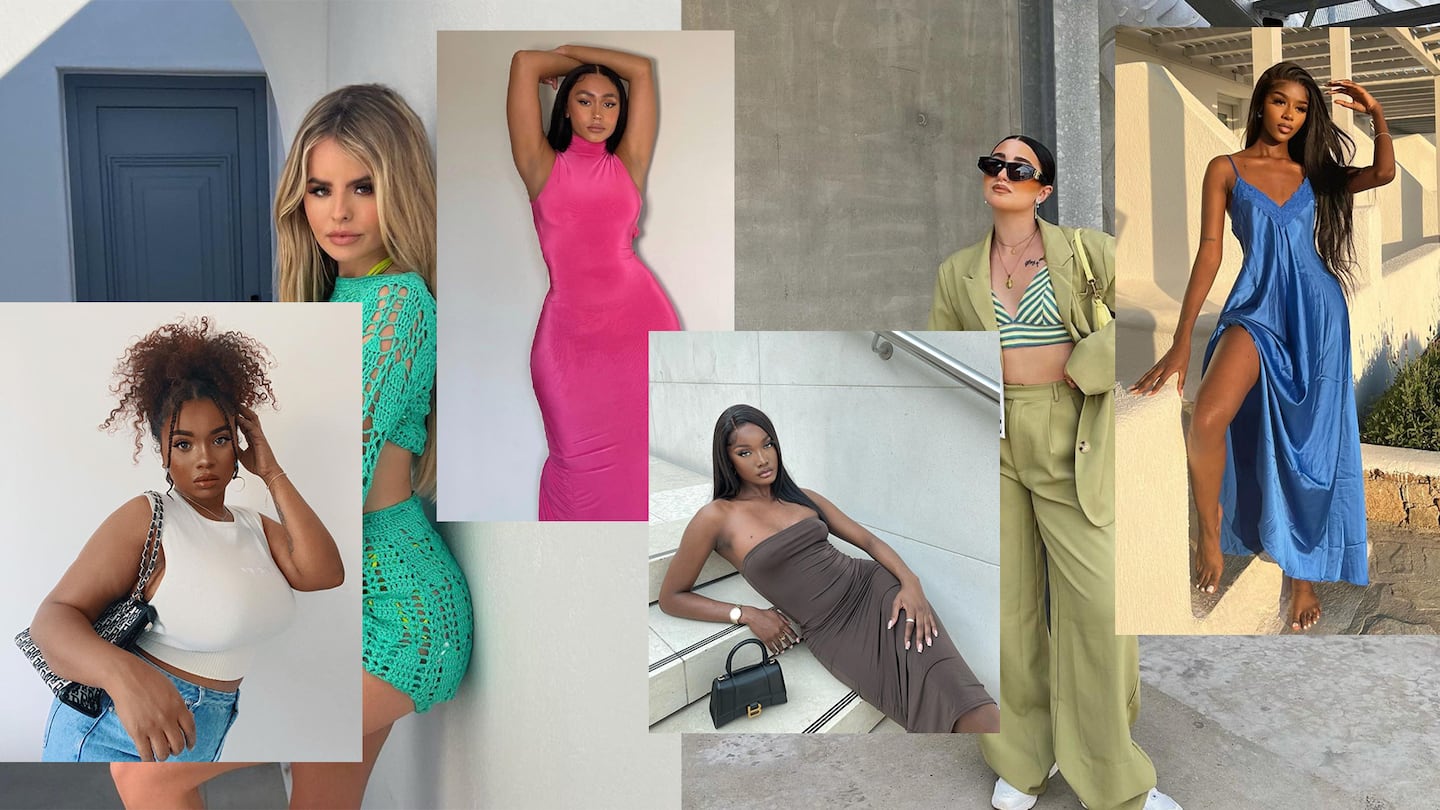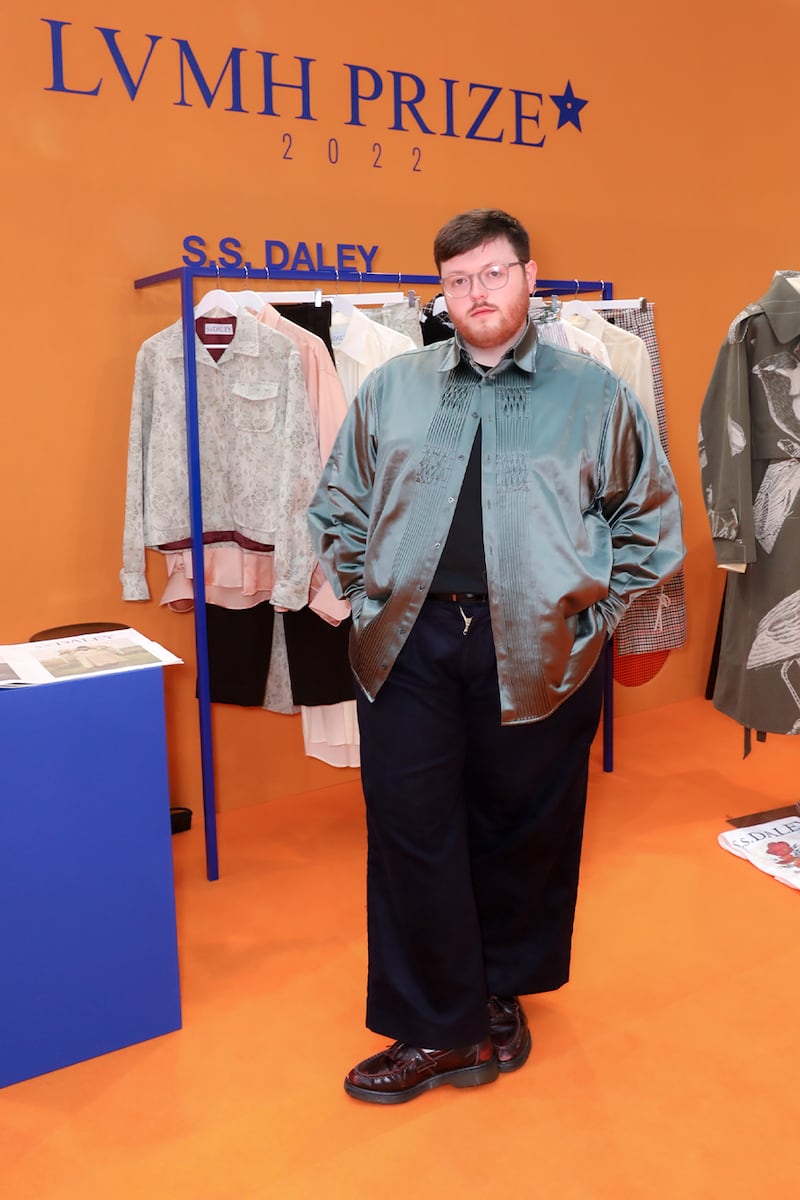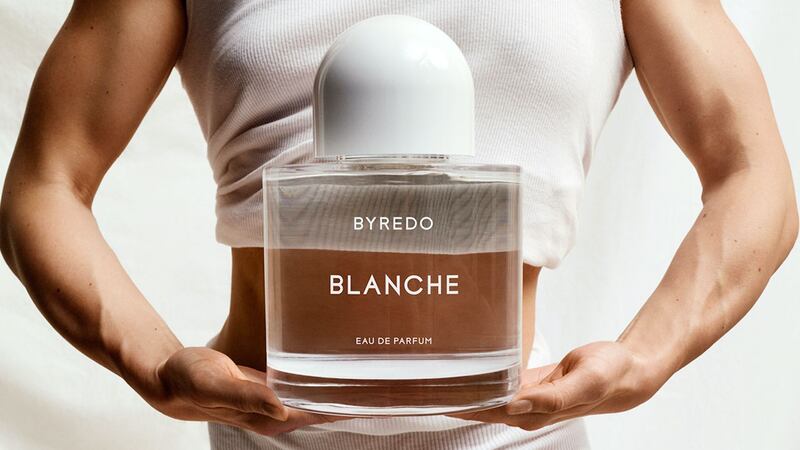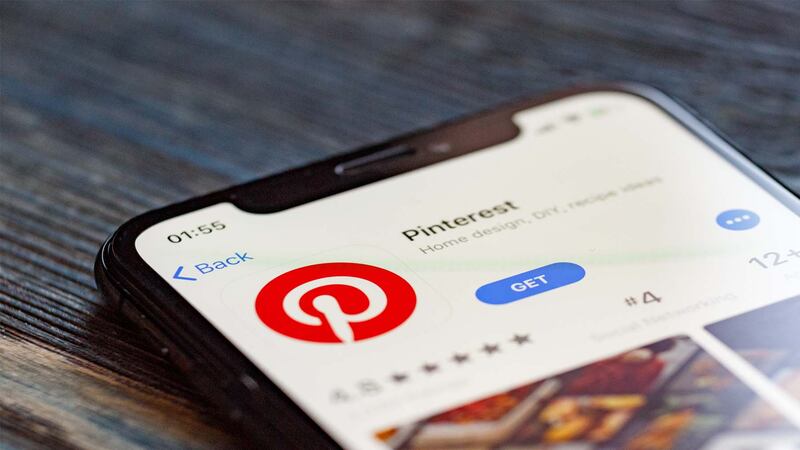
The Business of Fashion
Agenda-setting intelligence, analysis and advice for the global fashion community.

Agenda-setting intelligence, analysis and advice for the global fashion community.

This week, fast-fashion retailer Missguided was rescued by Frasers Group, the parent firm behind UK companies House of Fraser and Sports Direct, which bought the company in a fire sale for just $25 million.
The purchase came days after Missguided went into administration and a month after founder Nitin Passi stepped down as chief executive.
In recent months, all signs indicated that the brand was on the brink of collapse. Manufacturing partners reportedly turned up at its Manchester headquarters, seeking millions of dollars in overdue payments. On the brand’s Instagram, shoppers have been so vocal about missing orders and refunds that Missguided disabled comments.
Teneo, the financial firm that has been advising Missguided, cited “increased supply chain costs, general cost inflation and softening consumer confidence” as causes for the brand’s problems. The price of materials, shipping and manufacturing have indeed skyrocketed, and many companies are still struggling with supply chain issues. And as the price of fuel, groceries and other basic necessities increase, some shoppers have been spending less on fast fashion.
ADVERTISEMENT
But those same headwinds could apply to countless other brands that have avoided entering administration. Some are even thriving, despite the turbulent economy. The story of Missguided’s demise is about a brand that was never quite able to keep up with the cut-throat fast fashion market, where barriers to entry are low and change comes at lightning speed.
Not so long ago, Missguided was a major contender in the fast-growing category, selling endless quantities of bandage dresses, crop tops and colour block suits through paid influencers while ordinary customers frequently showed off on Instagram and TikTok.
But the company never quite established a unique style or signature product category that would differentiate it from bigger rivals like Boohoo, Asos or H&M. Its business model — flood the market with hastily-produced looks and bombard social media with ads — was easily copied by an endless parade of newcomers. Once Shein arrived on the scene, gobbling up market share at an astonishing rate, the writing was on the wall for Missguided and other weaker fast-fashion players.
It’s a cautionary tale, and not just for other fast fashion brands.
When Passi founded the company in 2009, Missguided was targeting recession-hit shoppers looking for cheap clothes. The brand was able to cut through the noise by marketing itself as young, bold and sexy — think hot pink branding, celebrity faces like Pamela Anderson and Amber Rose, and hefty usage of the word “babe” in emails. The brand inked wholesale deals with Nordstrom and Asos early on, and also hooked shoppers to its website with frequent flash sales.
Missguided’s sales climbed — pulling in $50 million by 2016 and jumping to about $257 million in 2020. But finding new ways to stand out proved increasingly expensive — and ultimately futile.
The company offered next-day shipping in the UK, a perk shoppers often say they want in surveys. But Shein has seen little impact on sales for orders that can take a week or more to arrive. Missguided invested in collaborations with Jourdan Dunn, Sofia Richie and a handful of other celebrities, even as rivals were discovering that they could buy similar exposure via armies of micro-influencers simply by sending them free clothes. Starting in 2016, the brand opened physical stores, but those failed to elevate its image or bring in enough new customers.
Even a sponsorship deal with the hit reality series Love Island failed to make the brand’s name stick with consumers. Missguided dressed contestants head to toe, with regular deliveries of new wardrobe items throughout the season that viewers could then buy through an app. The partnership ran for multiple seasons but was surely undercut by the fact that contestants frequently teamed up with Boohoo and other rivals soon after they were booted from the show. This year, Love Island’s residents will wear preowned clothes supplied by eBay.
ADVERTISEMENT
Though some of Missguided’s moves were genuinely groundbreaking, they failed to address the fundamental problem with fast fashion: the products all look the same and are so cheap and simple to produce that anyone can make them. The most successful players quickly carve out a niche, race to scale or pursue some combination of both strategies.
Zara uses glossy photography and runway knockoffs to give itself a more elevated reputation, which allows it to sell clothes at a slightly higher price point (being one of the world’s largest fashion retailers with thousands of stores helps, too). Asos is known for more fashion-forward options. Boohoo, arguably Missguided’s biggest competitor, made moves to consolidate the crowded UK fast fashion market, acquiring a majority stake in PrettyLittleThing in 2017. Shein leverages partnerships with Chinese factories to produce clothes in ever-greater varieties, and at shockingly low prices even by fast fashion standards.
Missguided isn’t the first brand to be caught wrongfooted. H&M revealed it was saddled with $4.3 billion worth of unsold inventory in 2018 and closed over 150 stores in 2019. The once-mighty Topshop, owned by British retailer Arcadia Group, filed for bankruptcy in 2020. The American fast-fashion brand Forever 21 filed for bankruptcy in 2019 and had to shut most of its stores.
Many high street retailers that saw themselves as a cut above fast fashion succumbed over the last five years as well. A host of companies, including Ashley’s Frasers Group, Boohoo and the licensing empire Authentic Brands Group, have built businesses around snapping up fashion’s growing list of casualties.
There is one niche still up for grabs: winning over the ethical consumer. Customers want cheap clothes, but many also want to feel good about the brand that’s taking their money. Fast fashion is plagued by environmental concerns, from the emissions generated in manufacturing to the mountains of clothes meant to be worn once and thrown away, where their oil-derived fabrics will sit in landfills for centuries. The low wages and hazardous working conditions in many garment factories serving fast-fashion brands has resulted in a humanitarian crisis.
Brands have made progress toward cleaning up the industry’s act; H&M Group and Inditex score higher than average in BoF’s Sustainability Index, which rates large brands in areas such as supply chain transparency, emissions and waste. But their scores — 42 and 40 out of 100, respectively — indicate there is much work to do.
Many critics of fast fashion question whether it’s possible to ethically and sustainably sell clothes in such vast quantities and at such low prices. For now, the trend is in the opposite direction. Young shoppers seeking rock-bottom prices will follow whichever brand can best keep up with the TikTok algorithm. Shein, and copycats like it, have moved up production speed to tens of thousands of new styles daily.
THE NEWS IN BRIEF
ADVERTISEMENT
FASHION, BUSINESS AND THE ECONOMY

Britain’s S.S. Daley wins the LVMH prize. ERL and Winnie New York were runners-up. Steven Stokey-Daley will be awarded €300,000 and a year of mentorship from executives of luxury’s biggest conglomerate.
Lululemon raises full-year revenue forecast on strong athleisure demand. The company now expects full-year 2022 revenue between $7.61 billion and $7.71 billion, up from its prior forecast of $7.49 billion to $7.62 billion.
Ted Baker rises on report Juicy Couture owner nearing £300 million ($379.35 million) takeover deal. Sky News reported on Saturday that Authentic Brands has indicated it is willing to pay more than 150 pence per share for the company. At their peak in 2015, shares of Ted Baker were trading at 2,972 pence apiece.
Chanel heir invests in luxury skiwear brand Fusalp. David Wertheimer will acquire a minority stake in the high-end performance label through his two private equity vehicles Mirabaud Patrimoine Vivant and Mirabaud Private Equity, the companies said in a statement. The financial terms of the deal were not disclosed.
Capri raises full-year profit forecast. The Michael Kors owner now forecasts fiscal profit of about $6.85 per share, compared with its prior estimate of about $6.60 per share. The company’s total revenue rose 24.6 percent to $1.49 billion in the fourth quarter ended April 2. Capri this week also pledged $10 million to the newly launched Versace foundation designed to support the LGBTQIA+ community
Victoria’s Secret sales fall but beat Wall Street estimates. The lingerie brand reported net sales of $1.5 billion for the first quarter of 2022, a decrease of 4.5 percent compared to the same period the year prior. The drop was in line with expectations that sales would decrease between 4 percent and 8 percent, according to the company.
Licensing company sells majority stake in Isaac Mizrahi for $68 million. Retail holding company Xcel Brands has sold a 70 percent stake in the brand to fellow licensing firm WHP Global, which also owns Anne Klein and Joe’s Jeans.
Dr. Martens gains as bootmaker hikes prices for signature boots. The company reported adjusted pretax profit rose 43 percent to £214.3 million ($270 million) in the year through March.
Fendi inks two-year deal with Italian football club AS Roma. The LVMH-owned label will provide an official wardrobe for Roma’s first-team players for the 2022-23 and 2023-24 seasons, according to a statement by the Italian football club on Wednesday.
Aimé Leon Dore to open first international store. The brand’s newest retail outpost will be in London, opening June 3, building on the success of its busy New York flagship location. Like its transatlantic counterpart, the London store will include a cafe — and more, like additional lounge space, based on a video the brand published on its website.
THE BUSINESS OF BEAUTY

Puig to Acquire Byredo. The Spanish fragrance giant is taking a majority stake in the Swedish brand known for its crisp, minimalist branding and gender-free perfumes. While the companies declined to provide financial details of the transaction, recent reports of a potential sale to L’Oréal cited a valuation as high as €1 billion.
Kim Kardashian launches new prestige skin care line. The line, called SKKN by Kim, will be sold directly through the brand’s website.
L Catterton invests in India’s Sugar Cosmetics. The private equity firm backed by LVMH and Groupe Arnault led the $50 million funding round and was joined by the cosmetics company’s existing investors A91 Partners, Elevation Capital and India Quotient.
Swiss fragrance maker Firmenich to merge with DSM. The manufacturer of perfumes including CK One, Flower by Kenzo, and YSL Black Opium will now be controlled by a Dutch manufacturing company, with combined revenues surpassing sector-leader Givaudan.
PEOPLE

Diesel names Eraldo Poletto new global chief executive. Poletto will take over as global chief of OTB’s flagship brand on July 1. Currently head of Diesel’s North America operation, he has also held CEO positions at Tapestry-owned Stuart Weitzman, Salvatore Ferragamo and Furla.
MEDIA AND TECHNOLOGY

Pinterest to acquire The Yes. The tech company will purchase the AI-powered shopping platform founded by retail veteran Julie Bornstein. Terms of the deal were not disclosed, though it is expected to close in the second quarter of this year.
The Financial Times’ How to Spend It gets a rebrand. The lucrative lifestyle supplement, edited by Jo Ellison, is changing its title to the ‘HTSI’ as part of a bid to modernise its image.
Compiled by Joan Kennedy.
BoF breaks down how the fast-fashion disruptor has built a global business that now rivals incumbent players like Zara and H&M.
Edikted is less than a year old but it’s all over TikTok and already topping search rankings among Gen Z consumers. The brand’s founder explains his formula.
Brands must learn how to reach customers whose fears about climate change are driving their spending habits.
Antitrust enforcers said Tapestry’s acquisition of Capri would raise prices on handbags and accessories in the affordable luxury sector, harming consumers.
As a push to maximise sales of its popular Samba model starts to weigh on its desirability, the German sportswear giant is betting on other retro sneaker styles to tap surging demand for the 1980s ‘Terrace’ look. But fashion cycles come and go, cautions Andrea Felsted.
The rental platform saw its stock soar last week after predicting it would hit a key profitability metric this year. A new marketing push and more robust inventory are the key to unlocking elusive growth, CEO Jenn Hyman tells BoF.
Nordstrom, Tod’s and L’Occitane are all pushing for privatisation. Ultimately, their fate will not be determined by whether they are under the scrutiny of public investors.